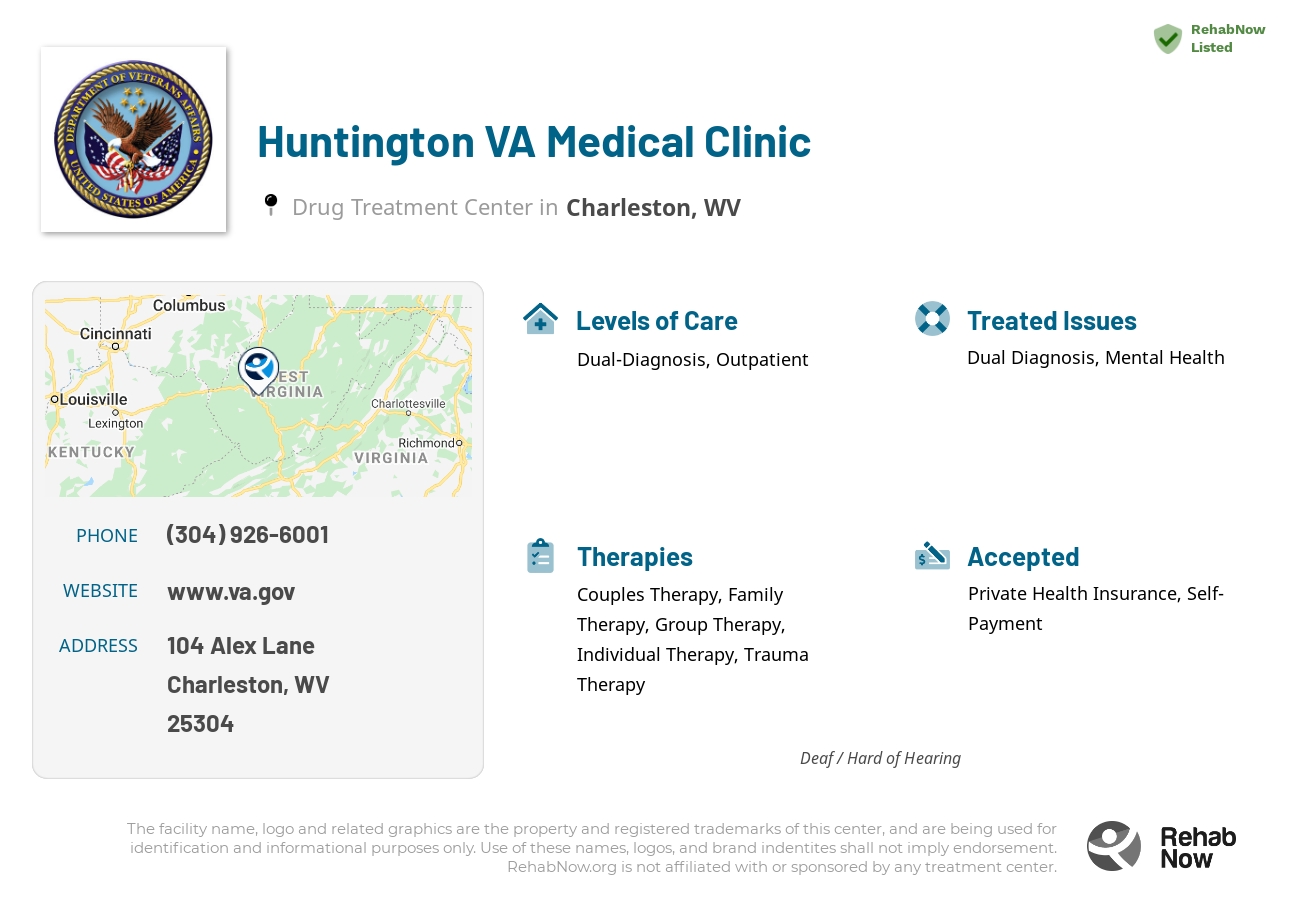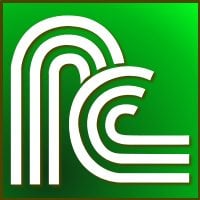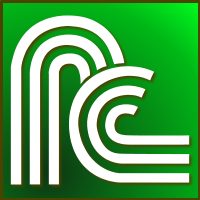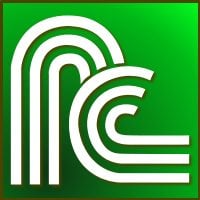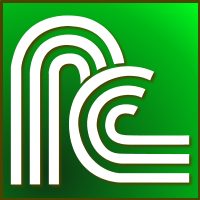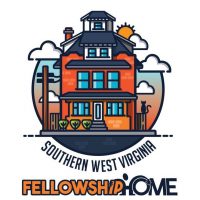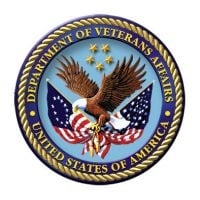
Huntington VA Medical Clinic
Drug Rehab Center in Charleston, West Virginia
- Mental Health
- Dual Diagnosis
Multiple patients have reported Huntington VA Medical Clinic as permanently closed.
Research other rehabs in Charleston, West Virginia, or get help finding an open facility.
Our experts will find you an alternative facility.
(888) 674-0062 24/7 Free, Confidential, Expert HotlineAbout Huntington VA Medical Clinic in West Virginia
Huntington VA Medical Clinic is a Drug Treatment Center in Charleston, West Virginia, specializing in Dual Diagnosis (Co-Occuring Disorders), Mental Health, and Substance Misuse. Levels of Care offered here are Dual-Diagnosis, Outpatient, and Individualized Treatment, specifically designed for each individual patient.
Huntington VA Medical Clinic offers customized treatment plans that address each person’s unique needs so they can overcome their addictions once and for all. With personalized care from experienced professionals, you have nothing to lose but everything to gain when it comes to living a healthy life without drugs or alcohol. They are a gender-exclusive facility, and only accept women.
Private Health Insurance, Self-Payment are some of the ways clients can pay for treatment here. Fortunately Huntington VA Medical Clinic accepts private insurance. For additional information regarding paying for treatment, continue reading.
Genders
Ages
Modality
Additional
Conditions and Issues Treated
A “dual diagnosis” is when the individual has two medical issues at the same time. The top co-occurring mental disorders with addiction are depression, anxiety, ADHD, bi-polar disorder. Addiction is also considered a mental illness that is not a choice but rather a medical condition. Addiction can be caused by any number of underlying issues.
Dual diagnosis is provided by Huntington VA Medical Clinic to treat addictive tendencies as well as any untreated mental illnesses. This ensures successful long term health and recovery for patients after treatment has been completed.
Dual diagnosis is provided by Huntington VA Medical Clinic to treat addictive tendencies as well as any untreated mental illnesses for people in West Virginia. This ensures successful long term health and recovery for patients after treatment has been completed.Levels of Care Offered
This center offers a variety of custom treatment tailored to individual recovery. Currently available are Dual-Diagnosis, Outpatient, with additional therapies available as listed below.
Outpatient programs at Huntington VA Medical Clinic, the Charleston resident can live with their family while continuing with their job or studies. Treatment includes educating the patient on drug abuse, medications, and counseling sessions at the individual or group level. Outpatient treatment plans cover diagnosis, detoxification, management, and counseling. They are a popular option for those who have graduated from inpatient facilities.
Therapies & Programs
Individual therapy is a form of counseling where you meet with a trained professional one-on-one. Meeting with a therapist in this setting allows for a personal and trusting relationship to be built. This allows the patient to open up about sensitive or private issues they may not feel comfortable discussing in a group. Individual therapy helps identify the root causes of your addiction, which can help prevent relapse.
Couples therapy for drug addiction is a unique form of therapy that allows family members to work through the emotional issues of their loved one’s addiction together. Family members can support each other while learning how to cope with the addiction and encourage healthy changes. The two will work with a therapist to learn how the addiction affects themselves and the relationship.
Family therapy is often done alongside drug treatment to help addicts stay sober. The goal of family therapy for drug addiction is to create an environment where communication can happen without judgment, hostility, or blame. The therapist will sit with the family so they can learn how to communicate differently and provide new tools for dealing with emotions so that people don’t want to drink or do drugs. It’s important for families to focus on relapse prevention plans during treatment so that if the addict feels like they want to use again, they’ll know what steps they need to take together to prevent it from happening again in the future.
Group therapy sessions are another common addiction recovery service. These group sessions typically involve six to 12 addicts who meet regularly with a trained professional for support and guidance.
During these sessions, the group shares their experiences with one another and provides feedback that can help each member avoid relapse or overcome specific obstacles they are facing in their recovery process. With this type of support and guidance, addicts can feel like they are part of a community that understands their struggles and will help them get through the hard times.
Many people struggling with drug addiction have experienced some form of trauma in their lives. It is crucial that these individuals seek out professional help; otherwise, their drug abuse and addiction will likely continue.
Therapists and counselors at drug treatment centers employ several treatment programs to help people struggling with drug addiction, including trauma therapy. Trauma therapy helps people dealing with addiction by allowing them to confront the traumas of their past and move past them.
It is important to note that trauma therapy should not be confused with PTSD (post-traumatic stress disorder). Rather, it is used to treat the effects of trauma, which are often at the root of addiction.
Cognitive Behavioral Therapy (CBT) focuses on the underlying thoughts and behaviors that caused the problem of addiction in the first place and may cause a relapse. Negative feelings are common in drug abuse disorders, but they can lead to co-occurring disorders if not recognized. CBT involves strategies that help to change the behavior pattern by restructuring negative thoughts into positive ones. It helps to remove these feelings, and it provides long-term benefits. Also, CBT promotes self-awareness and self-control. It can be administered as a monotherapy or as part of combination therapy.
CBT can improve the patient’s mood, reduce drug cravings and boost success rates on treatment plans. Regular practice can help individuals handle negative attitudes, thoughts, and feelings without turning to drugs or alcohol. The core belief of Cognitive Behavioral Therapy (CBT) is that one’s moods, behaviors, and actions are all connected. Individuals can improve their quality of life using CBT. It helps addicts understand the patterns of thought and feelings that cause them to use drugs or alcohol and develop a healthy response.
Payment Options Accepted
For specific insurance or payment methods please contact us.
Is your insurance accepted?
Ask an expert, call (888) 674-0062
Additional Details
Specifics, location, and helpful extra information.
Charleston, West Virginia 25304 Phone Number(304) 926-6001 Meta DetailsUpdated November 25, 2023
Staff Verified
Huntington VA Medical Clinic Patient Reviews
There are no reviews yet. Be the first one to write one.
Charleston, West Virginia Addiction Information
West Virginia ranks first in the nation for drug overdoses and the amount of overdoses is sometimes twice that of the United States's average. More than 100,000 residents are dependent on drugs and alcohol; many of those are minors who have been influenced by addicted parents to start using drugs at a young age. In 2013, an estimated 7,000 children in West Virginia were addicted to drugs.
Charleston, West Virginia has a high rate of drug abuse and addiction. 9.8% of the population over the age of 12 has used an illicit drug in the past month. In 2016, there were 237 drug-related deaths in Charleston, WV. Many websites offer information on drug rehab centers, and you can compare different facilities to find the one that is best suited to your needs.
Treatment in Nearby Cities
- Mullens, WV (50.9 mi.)
- Raleigh, WV (43.5 mi.)
- Wayne, WV (48.0 mi.)
- Belington, WV (101.2 mi.)
- Petersburg, WV (140.2 mi.)
Centers near Huntington VA Medical Clinic
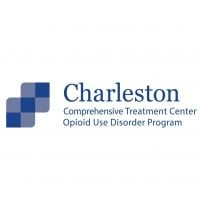

The facility name, logo and brand are the property and registered trademarks of Huntington VA Medical Clinic, and are being used for identification and informational purposes only. Use of these names, logos and brands shall not imply endorsement. RehabNow.org is not affiliated with or sponsored by Huntington VA Medical Clinic.

